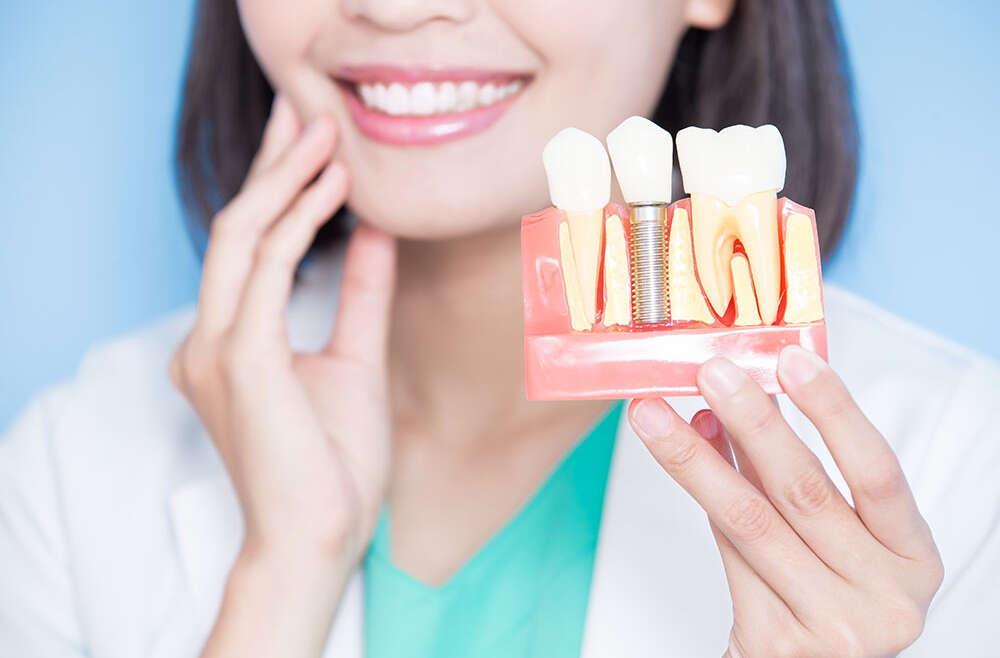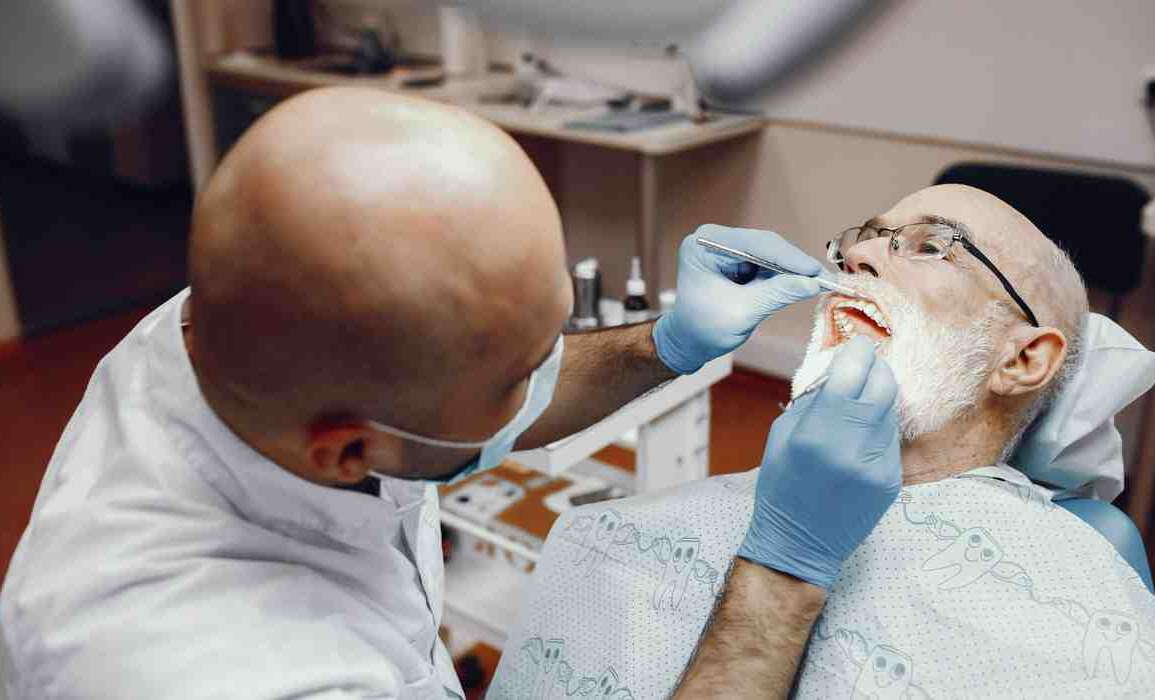Table of Contents
Dental implants have revolutionized the field of dentistry, providing a long-lasting solution for missing teeth that can vastly improve both oral health and overall quality of life. However, undergoing dental implant surgery is not without its challenges, and proper recovery is essential for ensuring the success of the procedure. Fortunately, there are several strategies and practices that can help accelerate healing and promote a smooth dental implants recovery.
Understanding Dental Implant Recovery
Before delving into specific strategies for speeding up recovery, it’s crucial to understand the typical dental implants recovery time and challenges associated with dental implant surgery. Recovery from dental implant placement typically takes several months, during which the implant integrates with the surrounding bone in a process called osseointegration. This integration is essential for the stability and longevity of the implant.
During the initial days and weeks following surgery, patients may experience some discomfort, swelling, and minor bleeding. It’s essential to follow post-operative instructions provided by your dentist or oral surgeon carefully to minimize complications and promote healing.
Recovery Tips
Here are some helpful dental implant recovery tips from the experts:
- Follow Post-Operative Instructions: Your dentist will provide you with detailed instructions on caring for the surgical site, including how to clean the area and what foods to avoid. It’s crucial to follow these instructions closely to prevent infection and promote healing.
- Manage Discomfort: Some discomfort and swelling are normal after dental implant surgery. Over-the-counter pain relievers can help manage pain, while applying ice packs to the affected area can reduce swelling.
- Maintain Oral Hygiene: Keeping the surgical site clean is essential for preventing infection and promoting healing. Your dentist may recommend using a gentle mouthwash or saline solution to rinse your mouth and a soft-bristled toothbrush to clean your teeth.
- Avoid Smoking and Alcohol: Smoking and alcohol can interfere with the healing process and increase the risk of complications. It’s best to avoid these substances during the recovery period.
- Attend Follow-Up Appointments: Your dentist will schedule follow-up appointments to monitor your progress and ensure that the implant is healing correctly. Attend these appointments as scheduled and raise any concerns or questions you may have.
Dietary Considerations
Proper nutrition plays a vital role in the healing process after dental implant surgery. Here are some dietary tips to promote faster recovery:
- Soft Foods: In the days following surgery, stick to soft foods that are easy to chew and won’t irritate the surgical site. Examples include mashed potatoes, yogurt, scrambled eggs, and smoothies.
- Protein-Rich Foods: Protein is essential for tissue repair and wound healing. Incorporate protein-rich foods such as lean meats, fish, eggs, dairy products, legumes, and tofu into your dental implant recovery diet.
- Vitamins and Minerals: Certain vitamins and minerals play a crucial role in the healing process. Focus on consuming foods rich in vitamin C, vitamin E, zinc, and calcium, which support tissue repair and bone health.
- Stay Hydrated: Drink plenty of water to stay hydrated, which is essential for overall health and healing. Avoid sugary or carbonated beverages, as they can irritate the surgical site.
Exercise and Physical Activity
While it’s essential to rest and allow your body to heal following dental implant surgery, light exercise and physical activity can actually promote circulation and accelerate the healing process. Here are some tips for incorporating exercise into your recovery:
- Walking: Gentle walking is an excellent way to promote circulation and prevent blood clots without putting too much strain on the surgical site. Aim for short walks several times a day, gradually increasing the duration as you feel able.
- Yoga and Stretching: Gentle yoga poses and stretching exercises can help maintain flexibility and reduce muscle tension during the recovery period. Avoid any poses or movements that strain the jaw or surgical site.
- Low-Impact Activities: Activities such as swimming, cycling, and using an elliptical machine provide cardiovascular benefits without putting stress on the jaw or surgical site. Start slowly and listen to your body, gradually increasing the intensity as you feel comfortable.
- Avoid Strenuous Activities: While light exercise is beneficial, it’s essential to avoid any activities that could potentially disrupt the surgical site or cause injury. Avoid lifting heavy weights or participating in contact sports until you have fully recovered.
Conclusion
Recovering from dental implant surgery requires patience, care, and attention to detail. By following post-operative instructions, maintaining proper oral hygiene, and adopting a nutritious diet, you can support the healing process and minimize the risk of complications. Additionally, incorporating gentle exercise and physical activity into your routine can promote circulation and accelerate healing. Remember to consult with your dentist or oral surgeon if you have any concerns or questions dental implant recovery and pain. With proper care and attention, you’ll be well on your way to enjoying the benefits of a healthy, functional smile for years to come.



